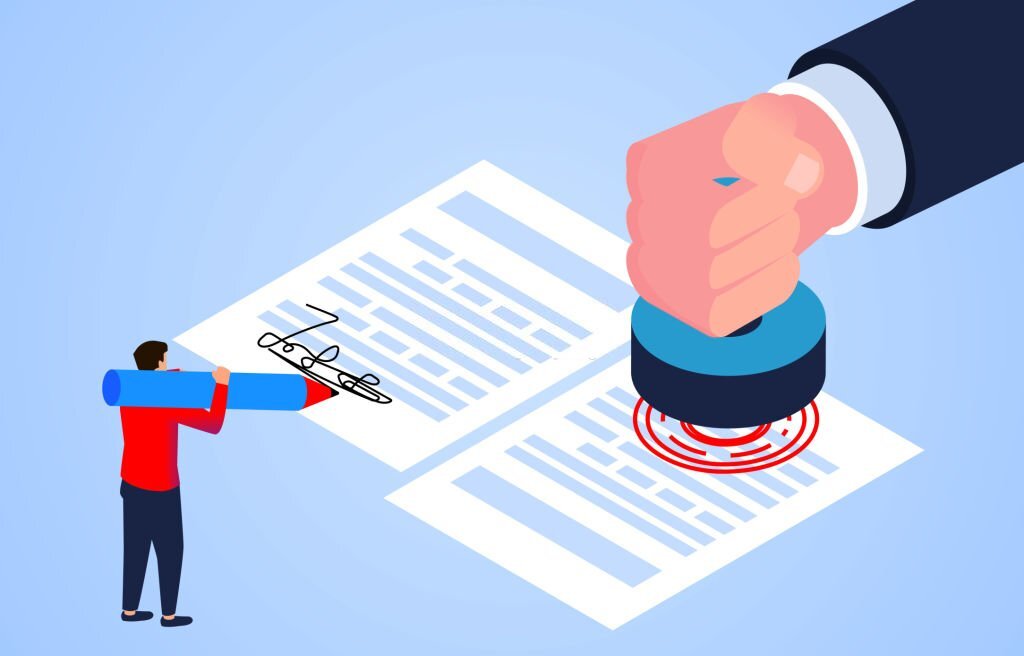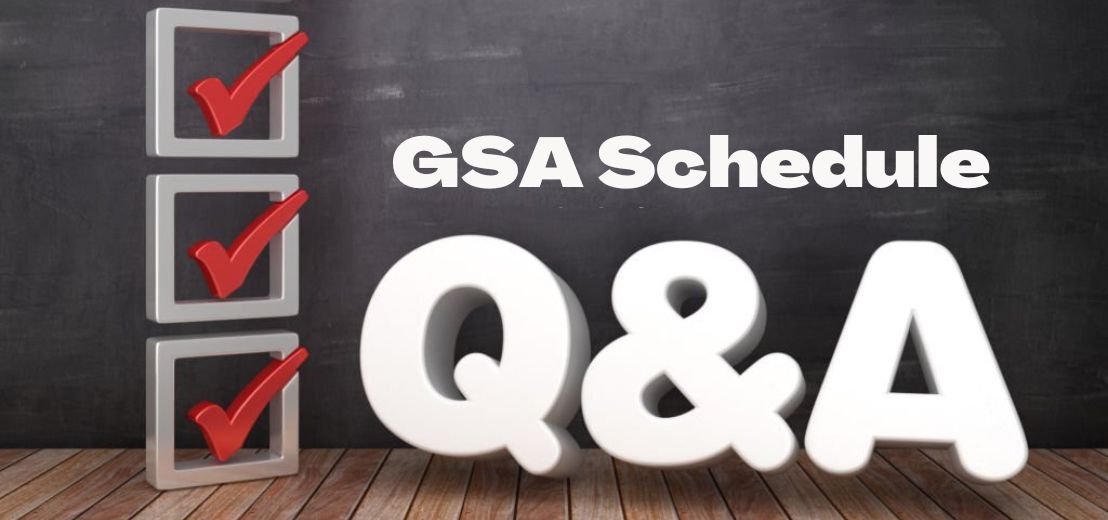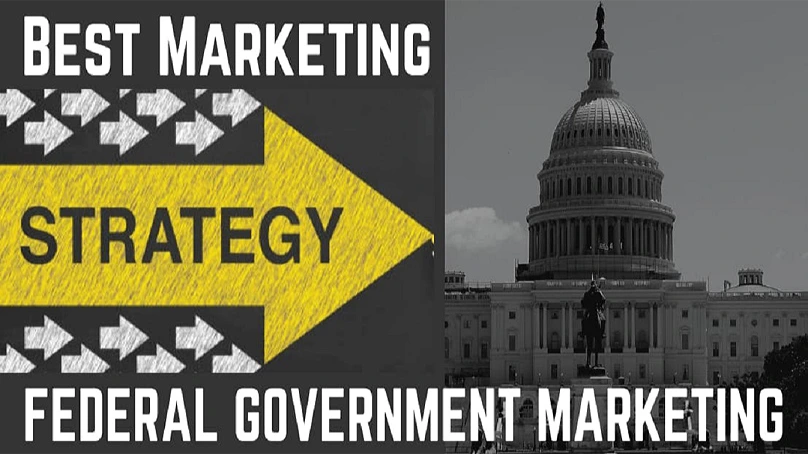


Let’s dig more into the HUBZone certification lookup. To give at least 3% of federal contract money to HUBZone-certified companies each year, the HUBZone program promotes small business growth in previously neglected business zones.
Program Changes and Improvements
The Small Business Administration has made it easier for qualified small firms to join the HUBZone certification program. In 2020, the SBA made significant adjustments to the program in three key areas.
We're improving the customer experience by:
After a complete application is received, it will be processed within 60 days.
Applying for the program will be made even easier with the addition of a new calculator tool and updated checklists.
More aid from our dedicated help desk, SBA District Offices, and certain SBA partners (e.g., Procurement Technical Assistance Centers, SBDCs) will make the certification process go more smoothly for applicants.
We are increasing program utilization by:
With proper documentation, businesses can now count long-term HUBZone resident employees as permanent HUBZone residents. Firms or employees located in a Redesignated Area or Qualified Disaster Area are exempt from this rule.
Firms must now recertify every year, and once certified, they will be eligible for all HUBZone contracts that qualify them as small for a year. Every three years, full documentation reviews will be required.
A firm that is certified as a HUBZone small business at the time of the initial offer will generally be considered a HUBZone small business for the duration of the contract, and a firm that receives a HUBZone contract must demonstrate that it employs at least 20% HUBZone residents and is making substantive and documented efforts to hire HUBZone residents.
We are expanding and stabilizing the HUBZone footprint by:
All HUBZone certification maps are now frozen until June 30, 2023, and will be modified every five years after that.
More rural regions with significant unemployment will benefit from the new Governor-designated HUBZone zones.
Even if the official site no longer qualifies as a HUBZone, small firms that buy a building or sign a long-term lease (of 10 years or more) can keep their HUBZone status for up to 10 years. (Note that this does not apply to "Redesignated Areas" or "Qualified Disaster Areas").
Certain contracts are only open to enterprises in previously underdeveloped business zones, according to the government. It also affords those businesses in full and open competition preferential treatment.
By becoming a member of the HUBZone certification program, your company will be eligible to compete for set-aside contracts. In full and open contract contests, HUBZone-certified enterprises are given a 10% price preference.
Businesses that are HUBZone certified can still compete for contract awards through other socioeconomic initiatives.
To be eligible for the HUBZone program, your company must meet the following HUBZone certification requirements:
Apply to Get Certified as a HUBZone Small Business
One of the most critical HUBZone certification requirements is that the SBA must certify you before you may participate in the HUBZone program.
Review the HUBZone Certification Top Tips Tip Sheet and follow these HUBZone certification requirements to become HUBZone certified.
The Small Business Administration is piloting a new eligibility workbook tool to help applicants organize, calculate, and present information about their main office and staff residency. Filling out the workbook tool and attaching it to your HUBZone application will help the SBA review your application faster. We'll be taking feedback on the tool by emailing hubzone@sba.gov.
If you want to use the workbook, click the link above, download it in Excel to your computer, fill it out using the directions on the first tab, save it to your computer, and upload it together with the other required papers as part of your application submission. If you have any questions about the workbook tool, please contact hubzone@sba.gov or join one of our open calls, which take place every Tuesday and Thursday from 2-3 p.m. ET via the toll-free number: 208-391-5817; Conference ID: 278 449 067, where members of our team answer questions to assist businesses with the certification process.
Fulfilling all the HUBZone certification requirements is not enough, once a year, you must recertify for the HUBZone program. As long as a business qualifies, there is no temporal limit on how long it can participate. Every three years, a program examination will be necessary.
HUBZone enterprises must notify the SBA if they are involved in a merger or acquisition, or if their HUBZone residency falls below 20% while working on a HUBZone contract.
The SBA may conduct unannounced program examinations at HUBZone businesses to verify the correctness of any certifications issued or information given as part of the HUBZone application or recertification process. View the Recertification Fact Sheet for additional information on continuing and eligibility.
Becoming HUBZone Certified: Background
The government set a target of giving at least 3% of federal contract funds to HUBZone certified enterprises that operate and employ inhabitants of certain areas each year, to spur small company growth in traditionally underserved geographic areas. Small businesses benefit from the scheme because, once certified, contracting officers can award sole-source contracts to HUBZone contractors and provide them a price advantage in full and open competition.
So, how do I get my company HUBZone certified? The application process is subject to stringent adherence to federal requirements, particularly 13 CFR Part 126.
3 HUBZone Certification Lookup to check on:
First, even if getting the certification, candidates with HUBZone certification look up to the industry, and also depending on your industry classification and the North American Industry Classification System code, your company must be classified as a "small business" by the US Small Business Administration (NAICS).
Second, U.S. citizens, a Community Development Corporation, an agricultural cooperative, an Alaska Native corporation, a Native Hawaiian organization, or an Indian tribe must own and control at least 51 percent of the company.
Third, the company's main office must be located in a HUBZone. The Small Business Administration (SBA) has developed a simple tool to discover which geographic areas qualify as HUBZones. The present HUBZone map has been "frozen" by the SBA until June 30, 2023, so contractors can be confident that they will be compliant until then. A "main office" is the site where the biggest number of employees works at any given time. A virtual office within a HUBZone, for example, may qualify.
Finally, at least 35 percent of the company's employees must have lived in a HUBZone for at least 180 days before the application deadline.
That's all there is to it! The good news is that, with the support of knowledgeable counsel, applying for and securing HUBZone accreditation may be a simple and profitable procedure. The SBA is required to make a HUBZone certification decision within 60 days of receiving a complete package, according to the regulations (though, due to COVID backlogs, SBA has had difficulty meeting their 60-day deadline).
A HUBZone contractor cannot just coast once certified. Instead, the laws include ongoing criteria that allow HUBZone businesses to continue to receive preferential treatment when it comes to winning federal contracts.
While HUBZone contractors have considerable leeway if HUBZone resident employees leave or move, they must "try to retain" a personnel base with at least 35% HUBZone residents. This entails making concerted and documented attempts to keep the 35 percent (e.g., written offers of employment, published advertisements, or attendance at job fairs). If a HUBZone company's total employees fall below 20% of HUBZone, it must notify the SBA within 30 days, or it will be considered to have failed to "try to maintain" the residence requirement. At that moment, the HUBZone accredited company may be decertified.
Getting into the HUBZone certification lookup, note that a HUBZone certified company must recertify every year to ensure that they are still in line with the program's standards as of the recertification date. If the HUBZone firm is performing a HUBZone contract at the time of recertification, at least 20% of its employees must live in a HUBZone, and the company must be "attempting to keep" at least 35 percent in the HUBZone. If the HUBZone Company isn't working on a HUBZone contract, at least 35 percent of its employees must live in one. The HUBZone business's principal office must remain in a HUBZone regardless of contracting status.
Recertification must be submitted within 30 days of the initial HUBZone certification's anniversary (e.g., if HUBZone certification took place on August 15, 2021, recertification needs to be submitted by September 15, 2022). The good news is that as long as you complete the eligibility conditions, you can remain a HUBZone recognized business permanently.






